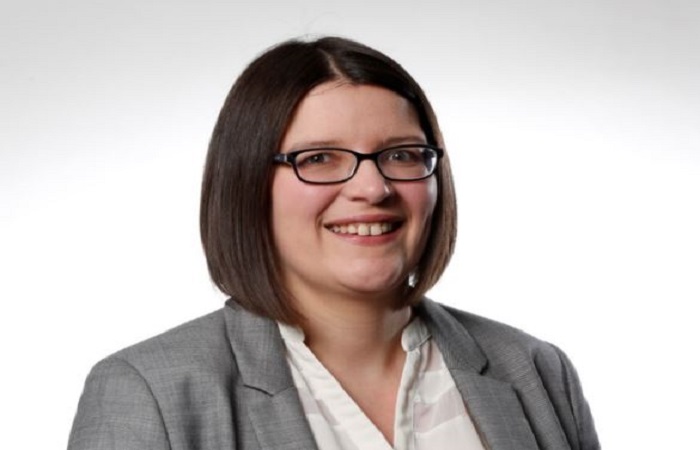
When auto-enrolment was first introduced in October 2012, the minimum total contribution rate for a workplace pension was a modest 2%, with employers contributing a minimum 1%. From 6 April 2018, the total minimum contribution rate increased to 5%, with 2% contributed by the employer, and from 6 April 2019, the rate further increased to a total of 8%, where a minimum of 3% is contributed by employers.
According to the Department for Work and Pensions (DWP), initial opt-out rates after the implementation of auto-enrolment were expected to be as high as 28%; however, its data collected in 2017, prior to the April 2018 increase, found that opt-out rates were actually only 9%.
Simultaneous increases in the tax threshold and the national living wage may have helped to lessen the impact on employees’ net pay and, therefore, maintain a low pensions opt-out rate. We will have to wait and see what happens following the most recent contribution rate increase in April 2019.
Organisations have also seen employment costs steadily increasing. With further increases of 1% in pension contributions and a 4.85% increase in the national living wage from April 2019, employers may now be considering alternative and more creative ways of rewarding staff, including flexible working, training and development opportunities, social engagement, help with childcare and additional holidays.
Work that keeps the UK working: How flexible working can help power 24-hour Britain in a post-Brexit age, published by workforce management software organisation Quinyx in October 2018, found that 36% of employees would need at least a 31% increase in their salary to forgo their current flexibility. So, employers with budgets that are under pressure from statutory increases and who seek more creative ways to incentivise staff may find that introducing flexible working opportunities has the added benefit of increased performance and productivity.
Nichola Hawden ACA CTA is associate partner at Harris and Co